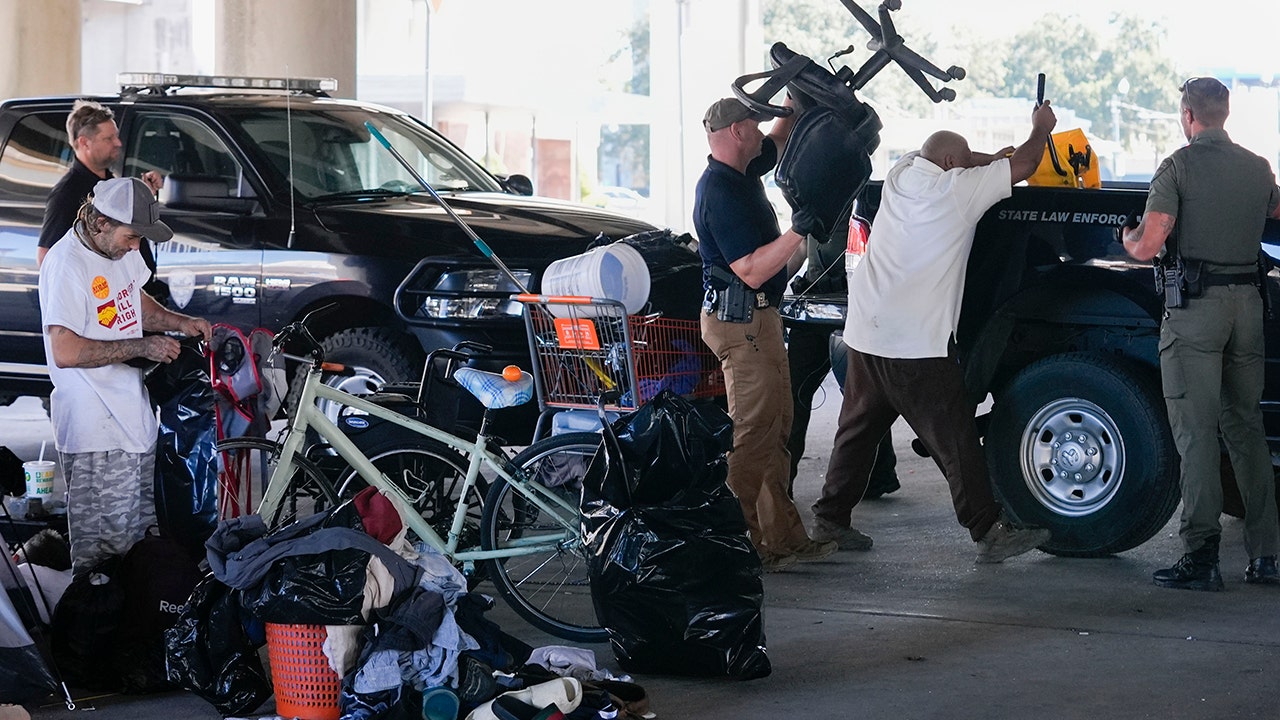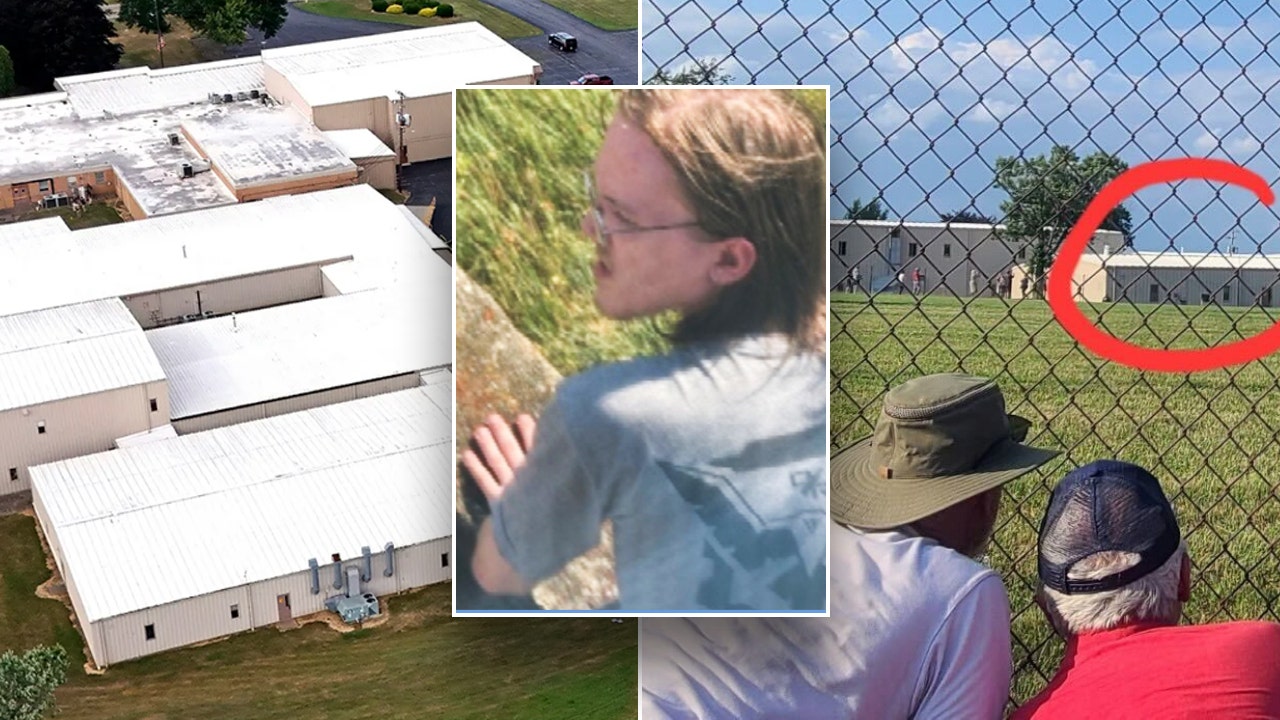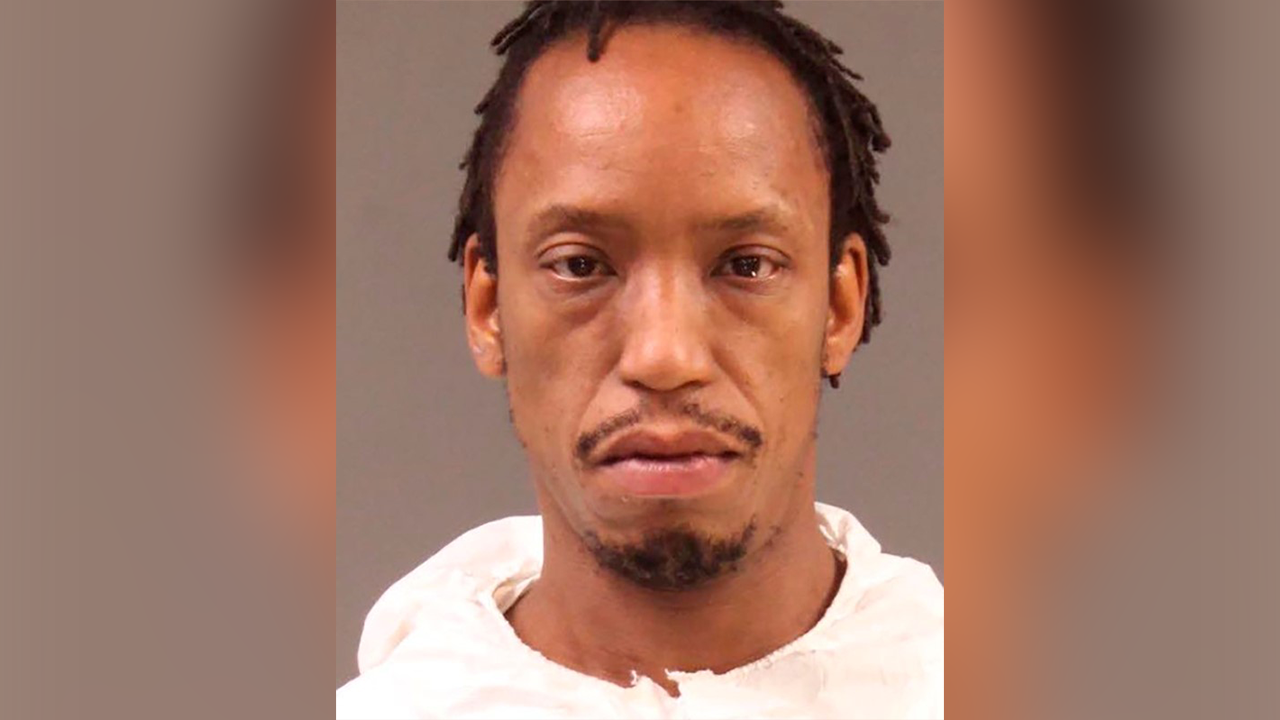Louisiana Gov. Jeff Landry authorized state police to begin clearing a homeless encampment near New Orleans’ Superdome, where 150,000 people are expected to go see Taylor Swift concerts this weekend.
About 75 people living in a tent encampment on Calliope Street under the Pontchartrain Expressway were relocated roughly two blocks away, Louisiana State Police said.
Landry’s spokeswoman, Kate Kelly, issued a statement to local media saying the move was meant to address homelessness and safety issues in preparation for the upcoming Taylor Swift concerts on Friday, Saturday and Sunday, and February’s Super Bowl.
“Governor Landry understands the number one issue facing the city of New Orleans right now is the homelessness crisis, and he is working with LSP and local officials to fix this problem,” Kelly said. “As we prepare for the city to host Taylor Swift and Super Bowl LIX, we are committed to ensuring New Orleans puts its best foot forward when on the world stage.”
NEW ORLEANS SWIFTIE BOOKS 191 HOTEL ROOMS AHEAD OF CONCERT
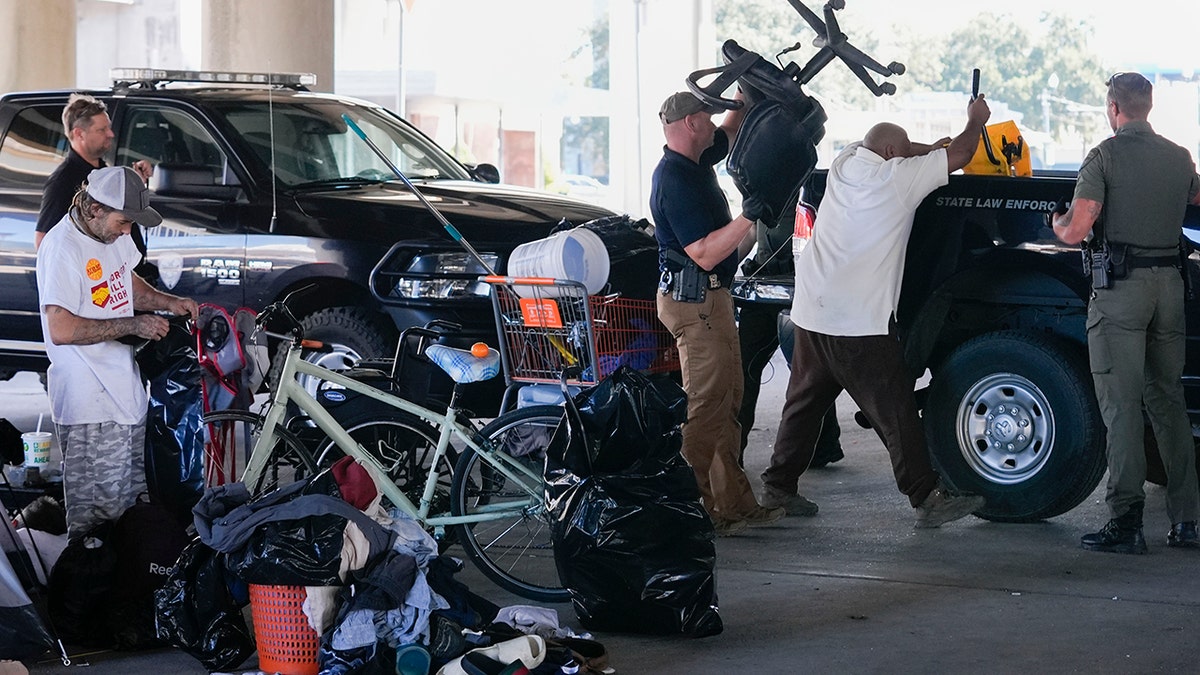
Louisiana Wildlife and Fisheries agents assist state police as they give instructions to people living in a homeless encampment to move to a different pre-designated location as they perform a sweep in advance of a Taylor Swift concert in New Orleans on Wednesday. (AP Photo/Gerald Herbert)
Officials in New Orleans, however, criticized the sweep, arguing it would disrupt progress in finding long-term, permanent housing for those affected.
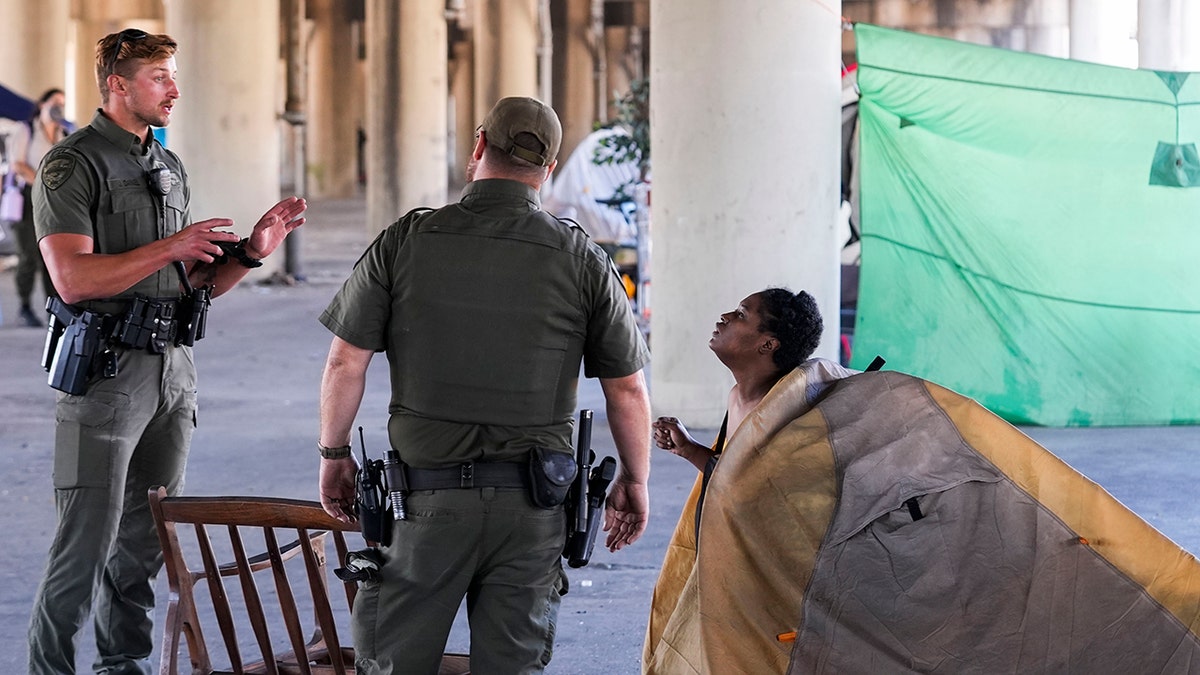
About 75 homeless people lived in the encampment and were relocated roughly two blocks away. (AP Photo/Gerald Herbert)
“We are asking the governor to not perform the sweeping of this encampment and other encampments,” Nathaniel Fields, director of Mayor LaToya Cantrell’s Office of Homeless Services and Strategy, said during a press conference on Tuesday. “We’re asking them to work with us and be a part of the partnership and not part of the problem.”
HOMELESSNESS, DRUG ADDICTION DRIVE PUBLIC SAFETY CONCERNS IN LARGEST VERMONT CITY: ‘I DON’T WALK AT NIGHT’
Others living without shelter in the city’s tourist-dependent French Quarter neighborhood would also be moved to the same location as the homeless removed from near the Superdome, officials said.
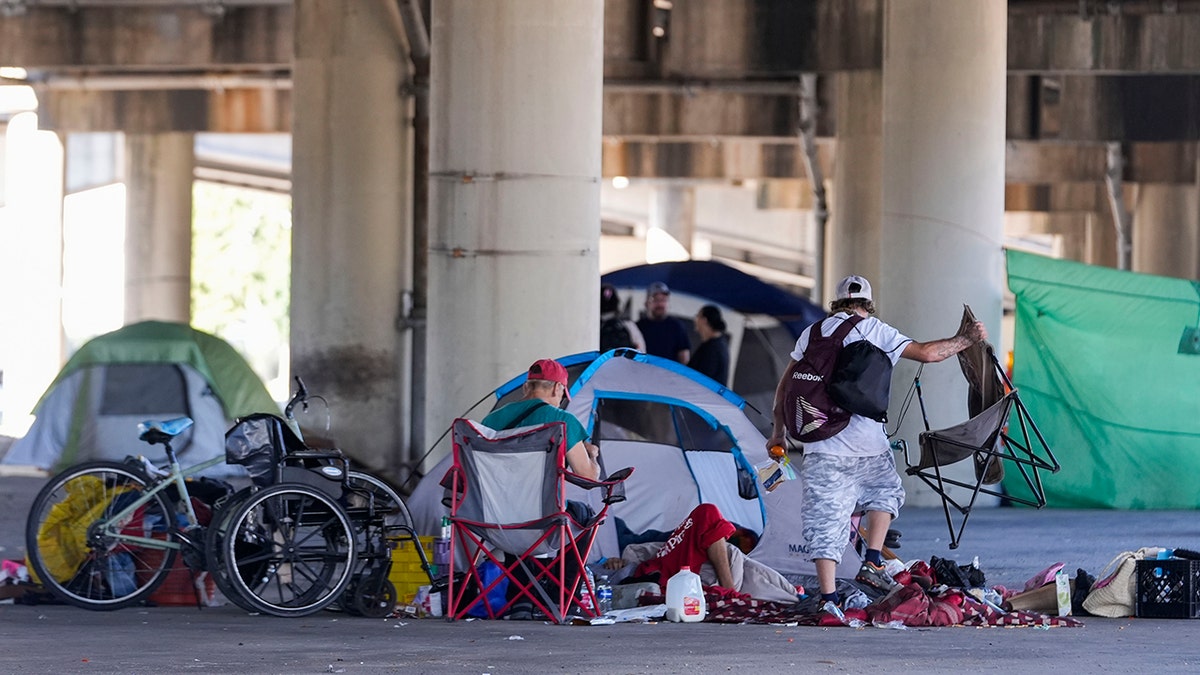
City officials in New Orleans opposed the relocation of the homeless at the encampment, arguing it would disrupt progress in finding long-term, permanent housing for those affected. (AP Photo/Gerald Herbert)
Resident Andy Levin told WWL-TV that the move was necessary, acknowledging it as a temporary solution to a chronic problem facing the city and its community.
CLICK TO GET THE FOX NEWS APP
“When you have this large a concentration of people who are addicted to drugs and mentally ill, they go into the neighborhood,” Levin said. “You find them defecating there, doing drugs, having sex, there is a man over there urinating right now. It’s unstainable … and moving these people from the point of view of the community of Central City is necessary.”
The Associated Press contributed to this report.
